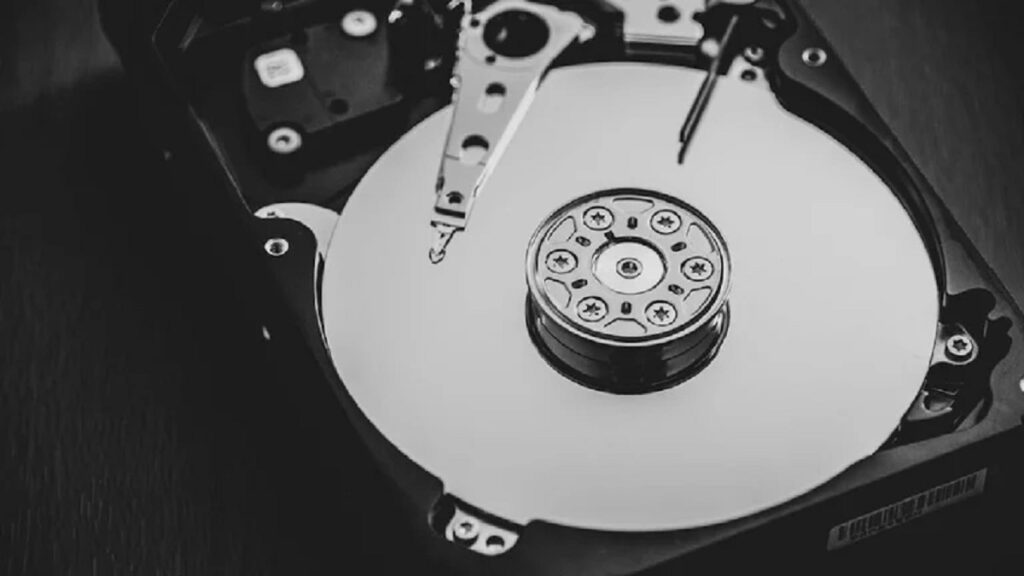We all love snagging a bargain, particularly with tech gear. However, as one hapless shopper recently discovered, not every deal is what it seems—especially when the price appears too good to be true.
A Tempting Offer on Storage Solutions
In an age where everything from family photos to work documents is stored digitally, having ample storage is more crucial than ever. While cloud services are convenient, many people still value the security of physical backups, such as external hard drives or SSDs.
Solid-state drives (SSDs) are particularly prized for being faster, quieter, and more reliable than traditional hard disk drives (HDDs). However, quality comes at a cost; a decent 2TB SSD typically starts at around AUD 250, while a standard HDD of the same capacity usually retails for about AUD 120.
So, when one user on Reddit stumbled upon a 2TB SSD priced at merely AUD 15 on AliExpress, he was understandably thrilled. Who wouldn’t be tempted by such a steal?
What Could Go Wrong?
What he uncovered was not a cutting-edge SSD but rather a shoddily-constructed plastic casing that housed what looked suspiciously like a standard USB stick affixed to a miniature circuit board. Only a few delicate wires connected this setup to a regular USB port. No spinning platters, no NAND memory chips—just a bare-bones USB drive.
A Cautionary Tale of “If It Looks Too Good to Be True…”
This wasn’t merely a case of false advertising; it was a full-blown tech scam. The product was engineered to resemble a genuine high-capacity SSD, but underneath, it was nothing but a cleverly camouflaged USB drive with a fraction of the promised capacity.
And the worst part? It remained unclear whether it worked at all. The Reddit post didn’t indicate whether the device could be recognized by a computer, leading to suspicions that it might have been formatted to falsely report 2TB of storage, offering just a few measly gigabytes — a standard ploy in fake flash drive scams.
Scams Like This Are More Prevalent Than You Think
Sadly, this kind of dishonesty is all too common on various online shopping platforms. Sellers slap legitimate-looking labels on dubious products, advertise them at astonishingly low prices, and hope unsuspecting consumers will bite.
Experts continually urge shoppers to approach unusually low-priced electronics with caution, particularly from unfamiliar sellers. Often, counterfeit items may function correctly at first but ultimately fail, potentially resulting in lost files, corrupted data, or worse.
Tips for Avoiding Fake Tech Deals
If you’re in the market for external storage, here are some savvy shopping tips:
- Stick to reputable retailers: Avoid third-party sellers unless you’ve confirmed their track record and reviews.
- Scrutinize specifications: If a drive’s performance claims seem suspiciously low, exercise caution.
- Read product reviews, especially the negative ones; others will typically share their experiences if they’ve been misled.
- Watch out for vague descriptions or poorly written listings.
- Be cautious with unbranded products: Reliable storage devices usually come from reputable manufacturers like Samsung, SanDisk, or Western Digital.
And most importantly, remember the cardinal rule of tech shopping: If it sounds too good to be true, it likely is.
The Bottom Line
For AUD 15, this Reddit user didn’t acquire a high-performance SSD — he received a cheap reminder that some deals are best avoided. In today’s online shopping landscape, it’s wise to double-check, read the fine print, and perhaps invest a bit more for peace of mind and dependable performance.
After all, when it comes to storing your precious memories, work documents, or gaming achievements, it’s better to err on the side of caution.







